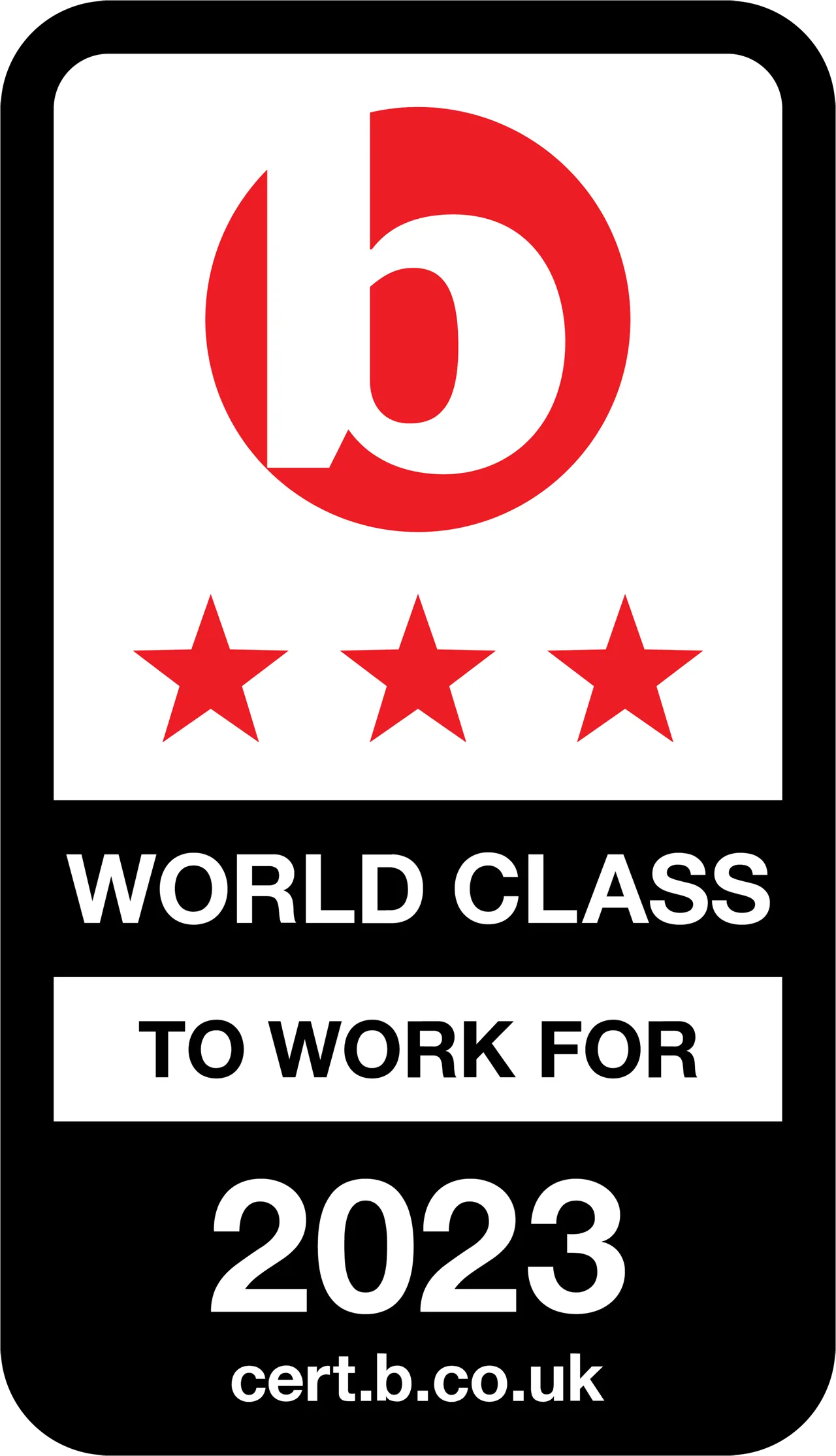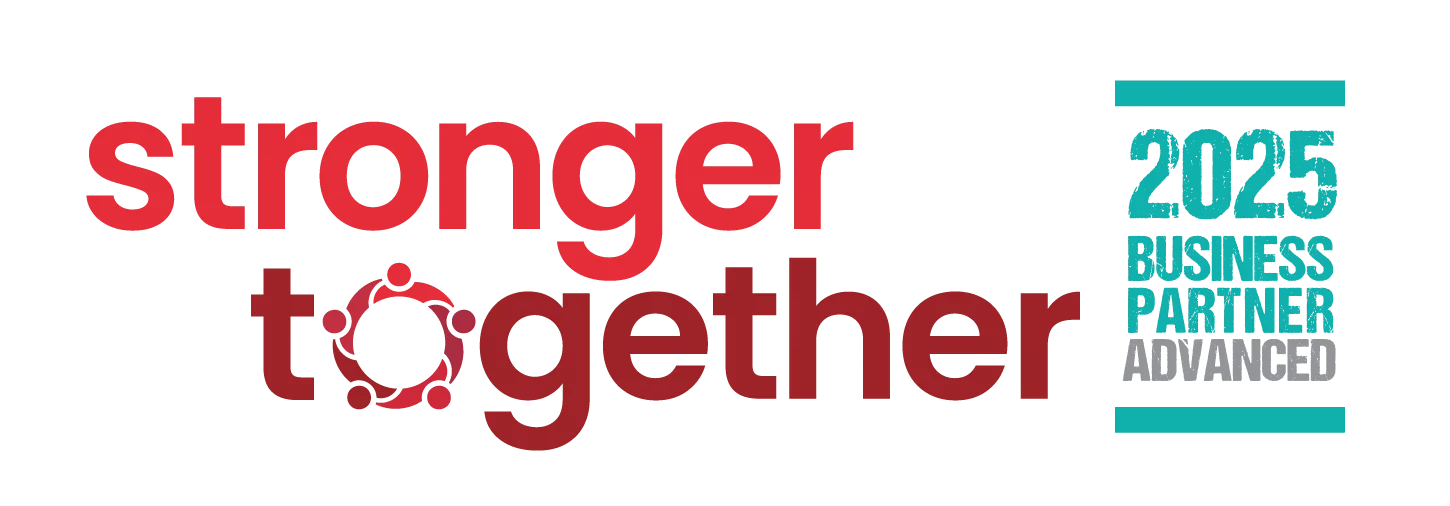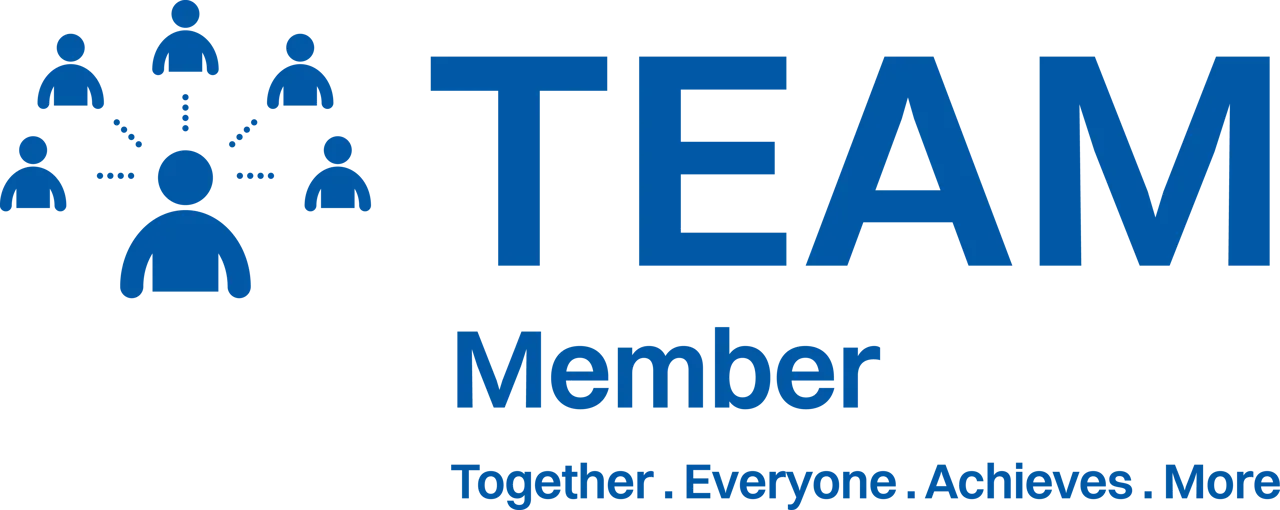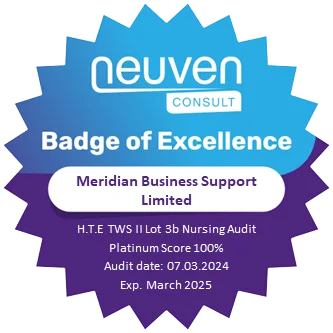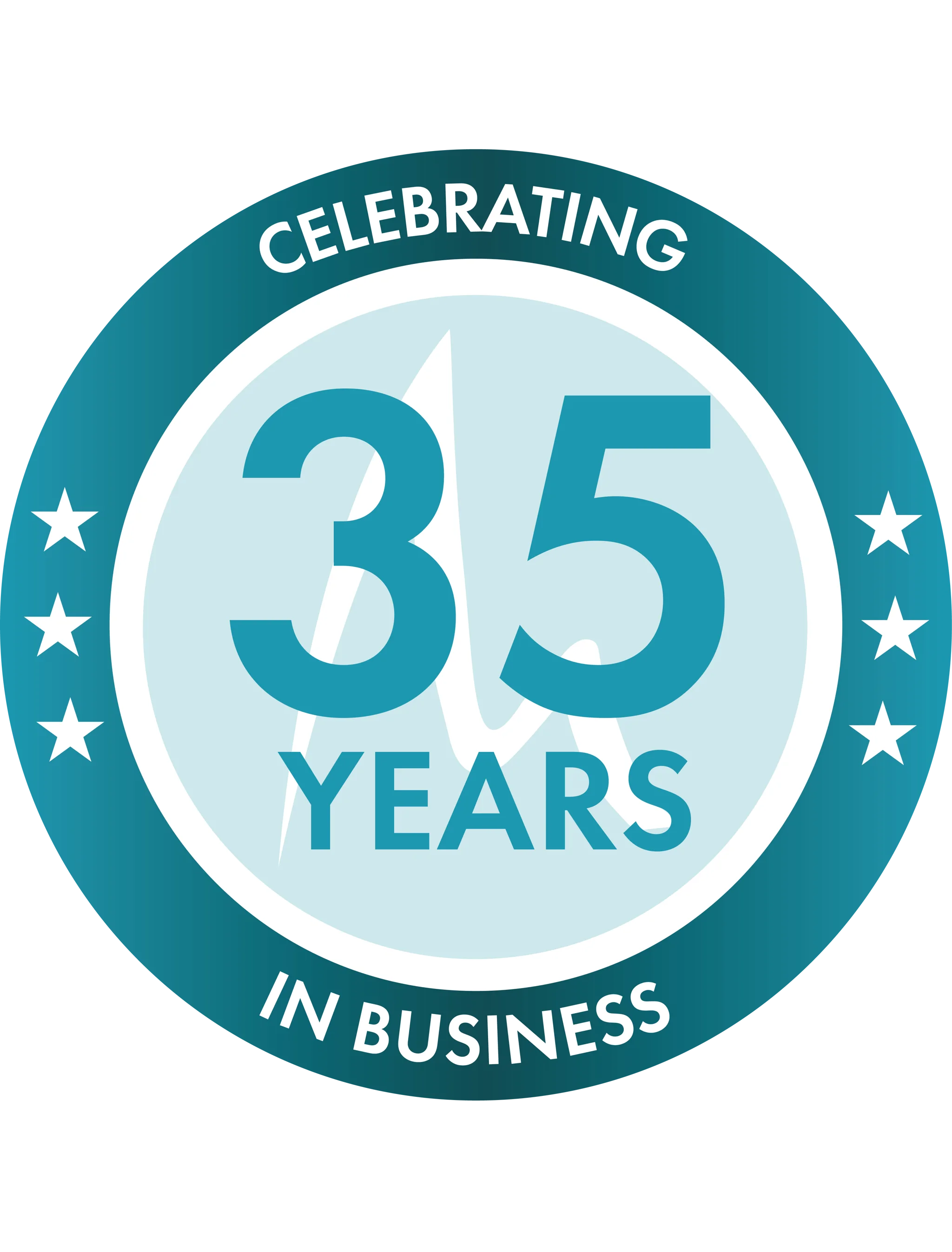Common grammar mistakes to avoid on your CV
12 Jun, 20185 minutesCommon Grammar Mistakes on CVsWe wanted to share this article from Reed about the common gra...

Common Grammar Mistakes on CVs
We wanted to share this article from Reed about the common grammar mistakes often found on CVs because believe me, we have seen them all! It is definitely worth taking a few minutes to read this and then proofread your CV before you send it out.
First Impressions Matter
Let’s face it, first impressions count, and when it comes to a job application, a well-written and mistake-free CV is vital if you want to sell yourself effectively. In other words, even the person reading it isn’t quite as pedantic about their punctuation – a missed apostrophe or simple spelling mistake can often spell the end of your chances.
Tackling Common Grammatical Errors
To help you stand out for all the right reasons, here’s how to tackle the most common (and all-too-often glaring) grammatical errors:
Your/You’re
Your – Relating to/owned by you (‘your blog’, ‘your job’, ‘your delightful suburban semi-detached abode’).
You’re – You are.
When it comes to the commonly confused ‘your’ and ‘you’re’, think before you write.
Even if you’re fully aware of how they differ, writing at speed can often cause you to miss off letters by accident. And unfortunately, most spellcheckers won’t underline ‘your’ as a misspelt word – even if it’s used in the wrong context.
Possible CV Example:
Thank you for your consideration.
I am aware that you’re currently looking to fill the position of Sales Associate.
Its/It’s
Its – Not it is.
It’s – It is.
When reading back over your (see what we did there?) CV, always check your apostrophes, especially when it comes to the its/it’s rule.
The simplest test is to read the sentence out loud, replacing both uses with ‘it is’ as you read.
If it makes no sense, it definitely doesn’t need an apostrophe.
Possible CV Example:
When the company reviewed its social media strategy, the changes I instigated had a positive impact.
I enjoy correcting people’s spelling mistakes. It’s something that gives me a great sense of superiority.
There/Their/They’re
There – Used when referring to a place or object (whether physical or abstract).
Their – When something belongs to them.
They’re – They are.
The there/their/they’re paradox is probably the most common grammatical issue to go against a candidate’s CV. Basically, as there are three possible options, there are two other ways of getting it wrong (motivational speech on standby).
If you’re not sure of this rule, learn it. It will come up daily.
Possible CV Example:
Whilst working there, I learned a lot.
Unfortunately, their decision to downsize meant that I lost my job.
They’re really going to regret that decision. Trust me.
Affect/Effect
Affect – To influence something
Effect – The result of something
The majority of the time, affect is used as a verb, and effect as a noun – although it’s worth noting that effect can sometimes be used as a verb.
However, as opposed to the pesky ‘i before e, except after c’ rule (don’t even get us started), most of the time this one sticks.
Possible CV Example:
Taking a Project Management course had a major effect on my productivity levels.
Taking a PRINCE2® course is positively affecting my time management skills and knowledge of key project management practices.
Final Thoughts
Don’t rush it. A day spent on your CV is better than six months of waiting for a reply.
Never rely solely on spellcheck. Although it will pick up some errors, it often misses certain grammatical mistakes.
Make sure you’re reading your CV thoroughly, focusing on grammar, spelling, and punctuation. A quick skim read might feel like enough, but it won’t allow you to spot small mistakes.
Always get someone to proofread your CV when you’ve finished. Something which makes sense to you may not make sense to the person reading it.
If in doubt, avoid abbreviations in general. Not only will you cut down on mistakes, you’ll also come across as more professional.
Source: Reed




